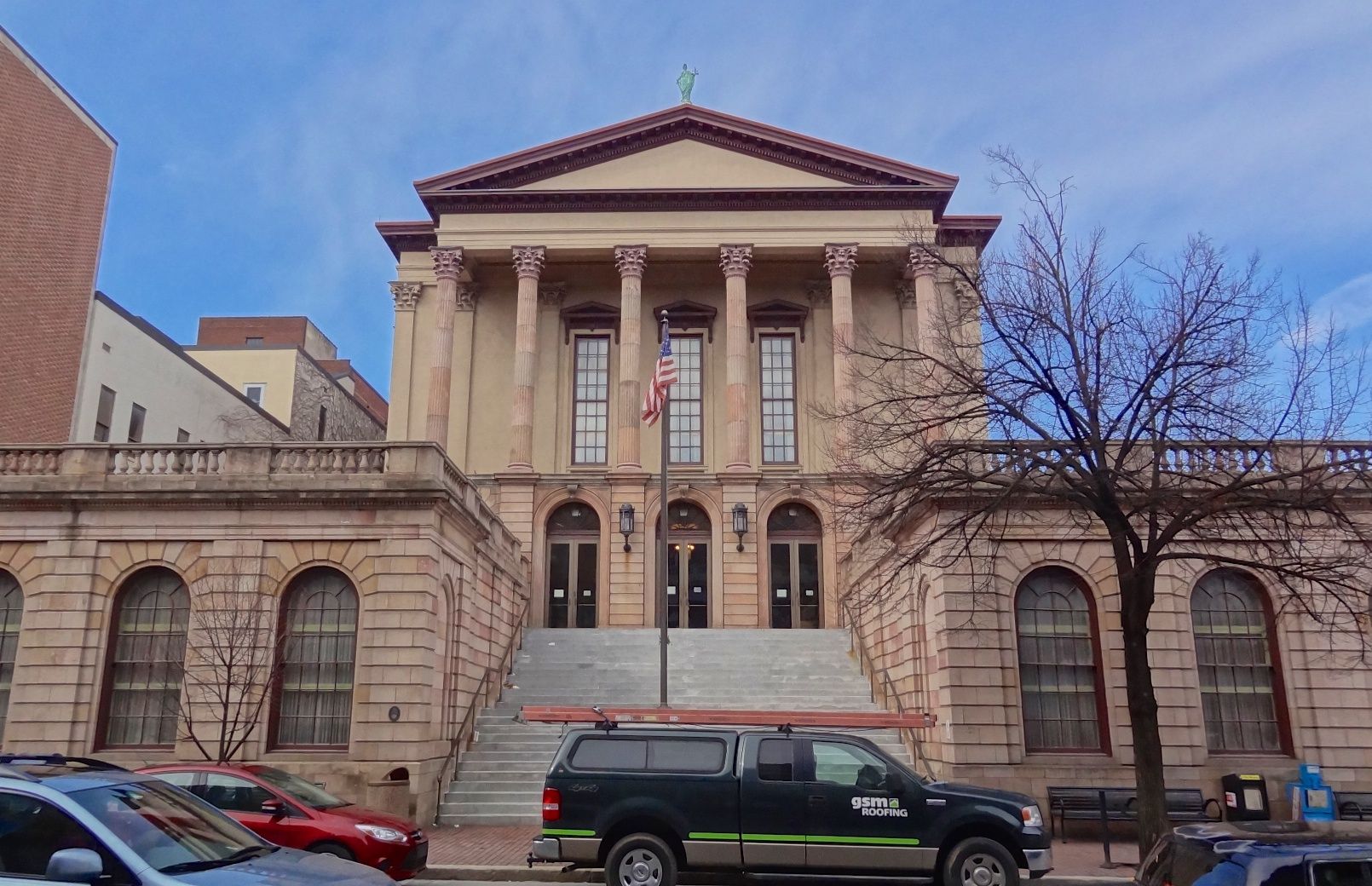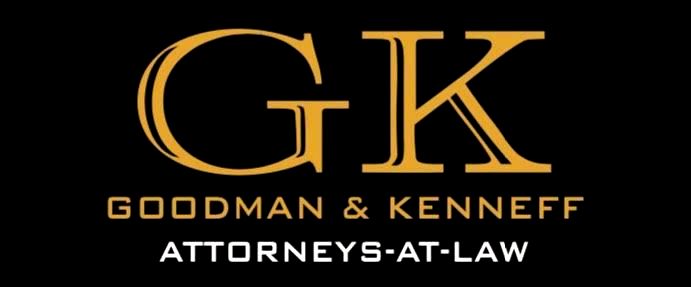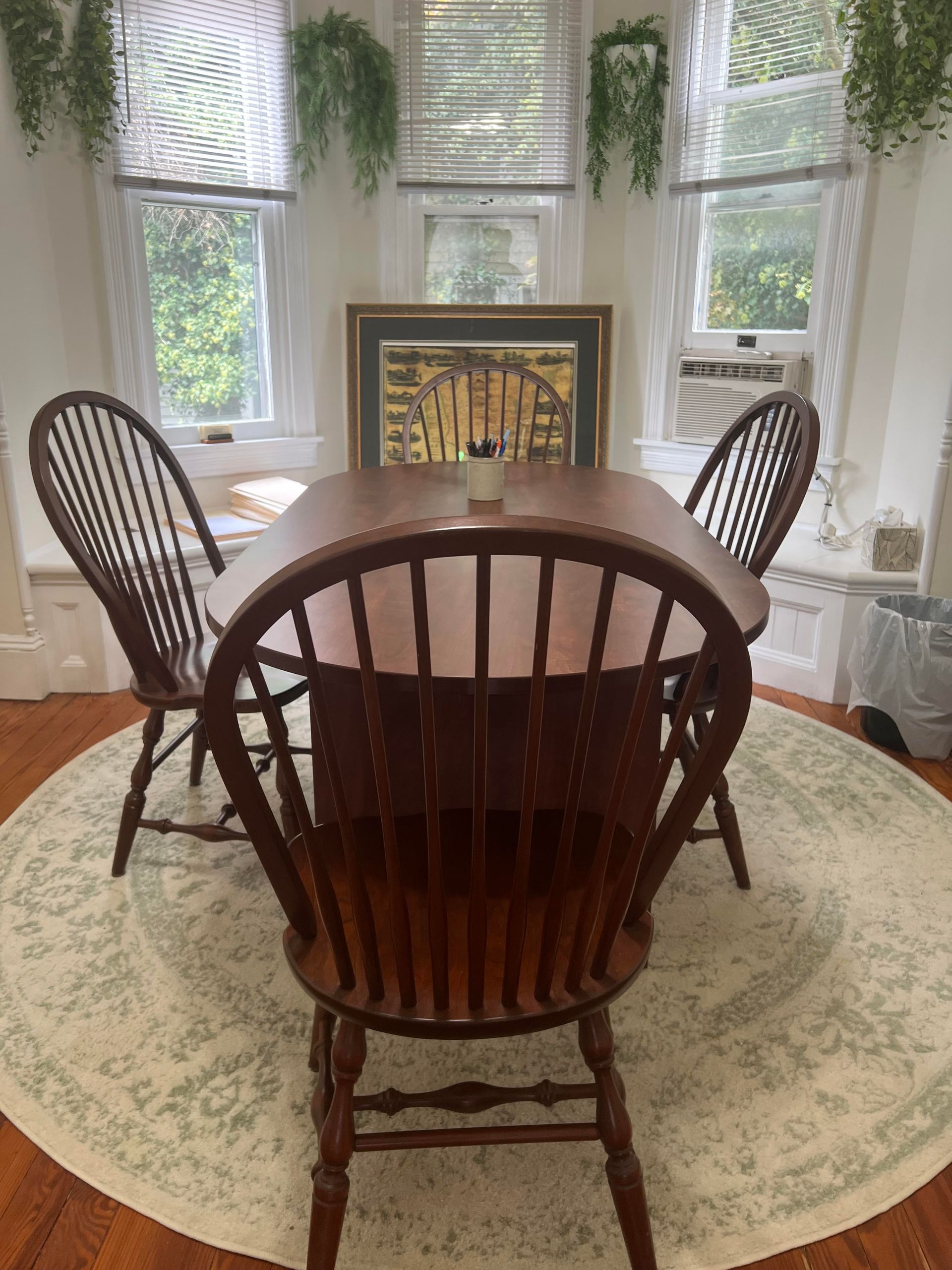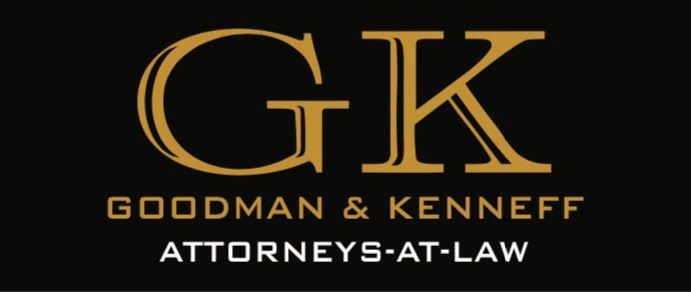What Happens If You Die Without a Will in Lancaster County, Pennsylvania?
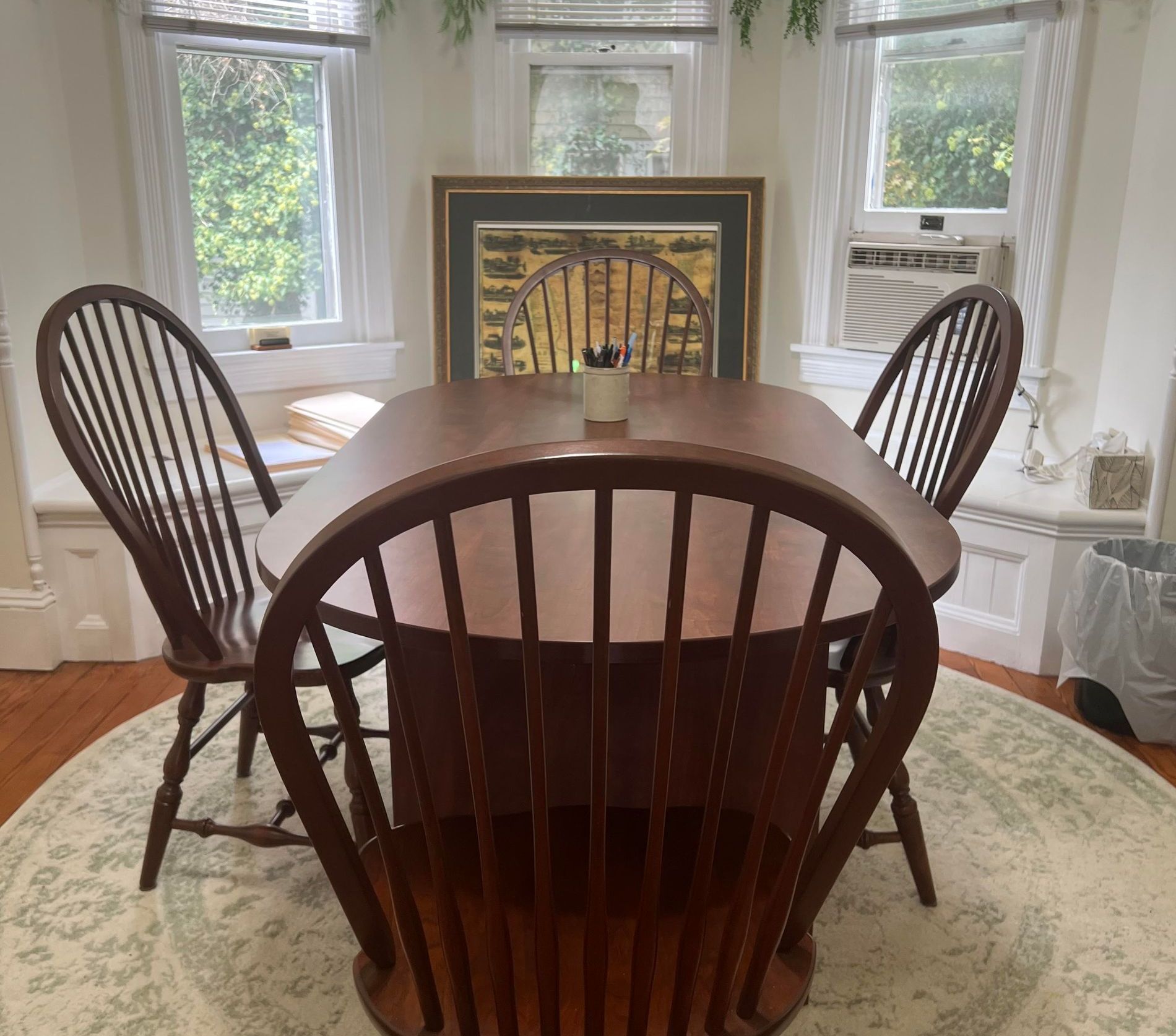
What Happens If You Die Without a Will in Lancaster County, Pennsylvania?
No one likes to think about dying — but it’s even harder for families left behind when there’s no will in place. In Pennsylvania, dying without a valid will means your estate is handled under the state’s intestacy laws, which decide who inherits your assets — not you.
At Goodman & Kenneff, we often meet Lancaster County families who are surprised by how complicated and costly things can become when a loved one dies without a will. Here’s what really happens, step by step, and why proper estate planning is so important.
1. Pennsylvania’s Intestate Succession Law Controls Your Estate
If you die “intestate” — meaning without a will — your property doesn’t just sit in limbo. Instead, Pennsylvania’s Probate, Estates and Fiduciaries Code (Title 20) sets strict rules for who gets what.
Who inherits depends entirely on your family situation at the time of death:
- Married with no children or parents → Your spouse inherits everything.
- Married with surviving parents (but no children) → Your spouse gets the first $30,000 plus half of the remainder; your parents receive the other half.
- Married with children (all from the same spouse) → Your spouse gets the first $30,000 plus half of the remainder; your children split the other half.
- Married with children from a prior relationship → Your spouse and children split the estate equally, with no guaranteed $30,000.
- Unmarried with children → Your children inherit everything, divided equally.
- No spouse or children → Your parents, siblings, or next-closest relatives inherit in a set order.
- If the court cannot locate any heirs at all, your estate eventually “escheats” to the Commonwealth of Pennsylvania.
2. Someone Must Be Appointed to Handle Your Estate
Without a will naming an executor, the Register of Wills in Lancaster County will appoint an administrator to manage your estate. This is often a close relative — but not always the person you would have chosen.
The administrator must:
- Gather and value your assets
- Pay debts and taxes
- Distribute the remaining property according to Pennsylvania law
Intestate estates can take longer and cost more to settle than estates with a properly drafted will.
3. Common Problems When There’s No Will
Families often face challenges like:
- Disputes among heirs over who should inherit certain assets
- Delays in accessing bank accounts or selling property
- Higher legal and administrative costs
- Unintended results, such as estranged relatives inheriting while unmarried partners or stepchildren receive nothing
Having a will eliminates uncertainty and ensures that your wishes — not Pennsylvania’s default laws — determine who benefits from your life’s work.
4. Lancaster County Probate: What to Expect
Even with or without a will, most estates in Pennsylvania must go through probate — a legal process that validates the will (if one exists) and authorizes asset distribution.
In Lancaster County, probate is handled through the Register of Wills, located at the Lancaster County Courthouse. The office reviews petitions, appoints executors or administrators, and oversees the estate settlement process.
At Goodman & Kenneff, we routinely guide families through this system — ensuring that paperwork is filed correctly, deadlines are met, and disputes are minimized.
5. How to Protect Your Family and Your Wishes
The best way to protect your loved ones is to create a valid Pennsylvania will and consider additional estate planning tools such as:
- Powers of attorney (for financial and medical decisions)
- Living wills (for end-of-life choices)
- Beneficiary designations (on accounts and insurance)
A properly drafted estate plan ensures your assets pass smoothly and privately to the people you choose — not those the state selects.
Work With Experienced Estate Planning Attorneys in Lancaster County
At Goodman & Kenneff, we’ve helped countless Lancaster County families create wills and administer estates with care and efficiency. Whether you’re planning ahead or managing a loved one’s affairs after their passing, our experienced attorneys can guide you every step of the way.
Call (717) 872-4605 or visit goodmankenneff.com to schedule a consultation today.
Don’t leave your estate to chance — let us help you protect what matters most.
